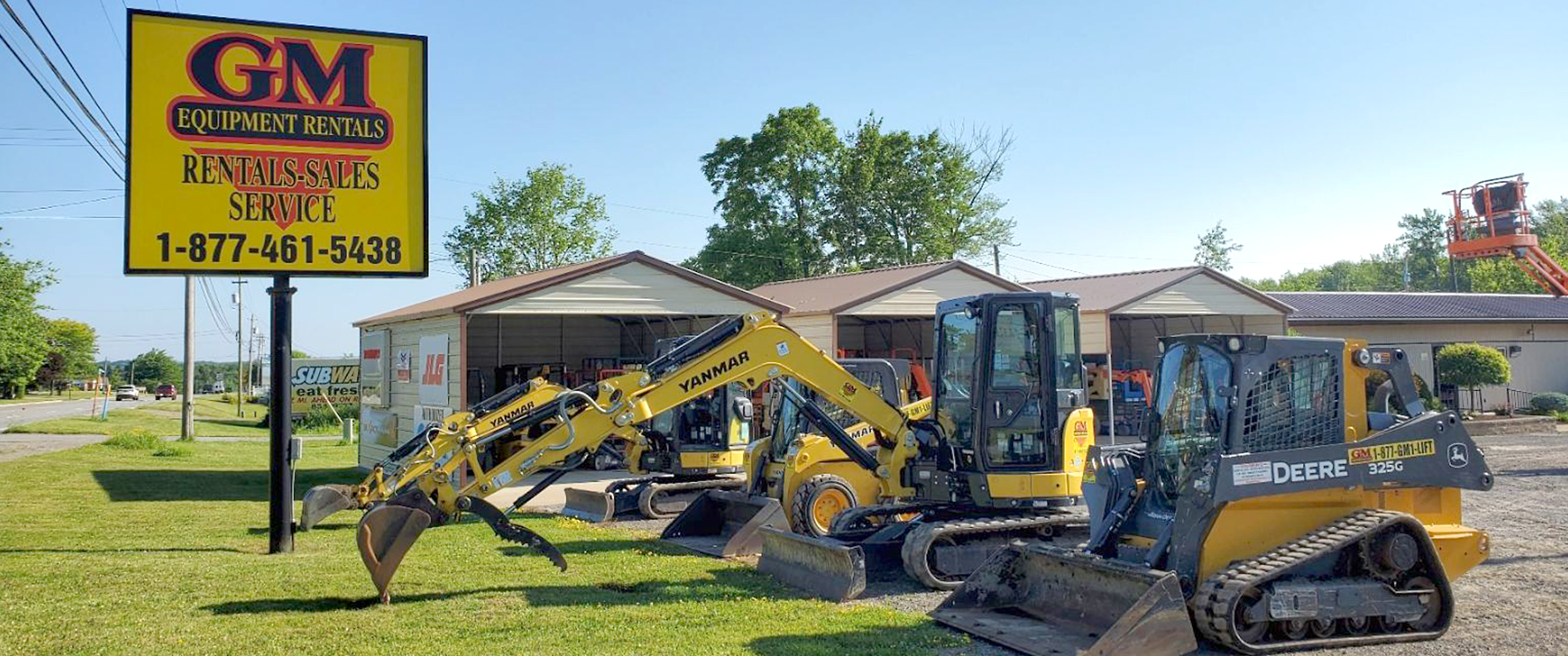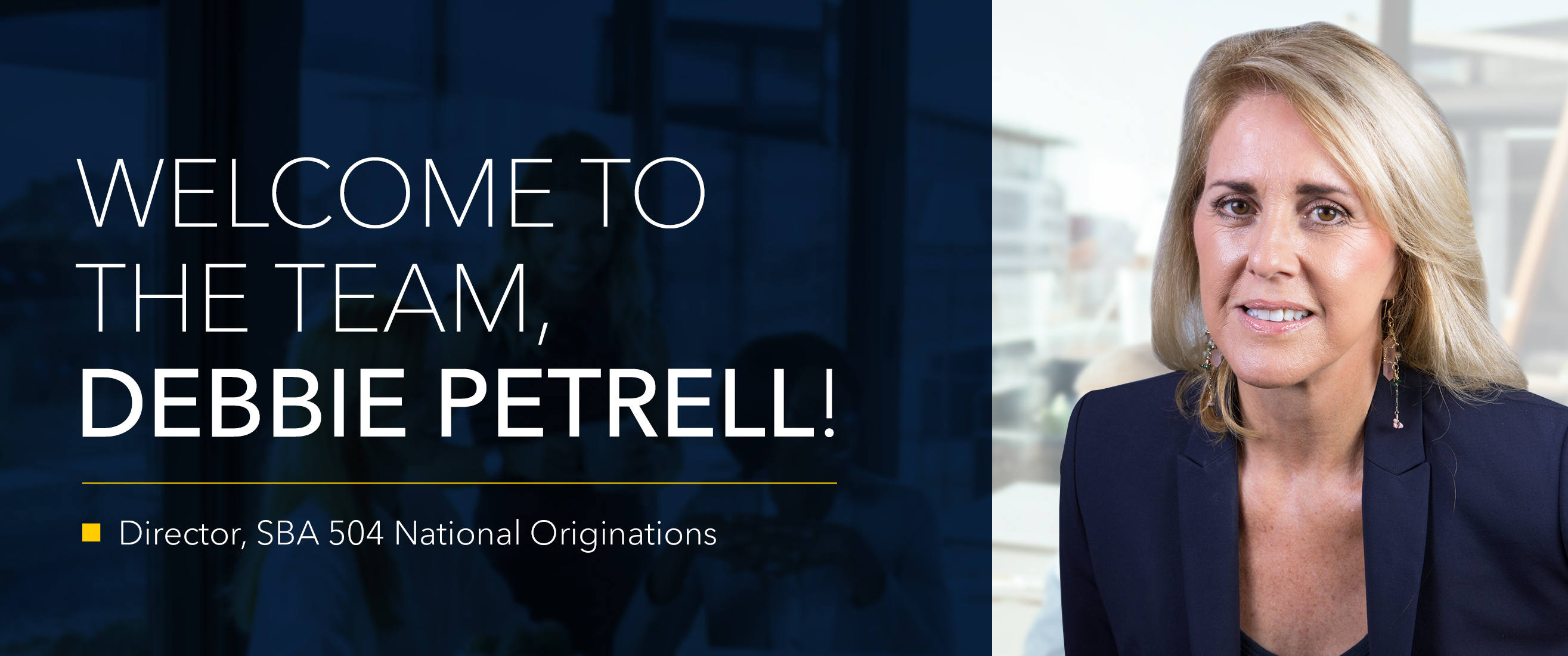WE TRANSFORM BUSINESS NEEDS INTO SOLUTIONS THAT GROW WITH YOUR BUSINESS.
Questions for Lawn Care Businesses That Want To Be Acquired

This article originally appeared in Green Industry Pros magazine.
The lawn care industry (including landscaping and to some extent, pest control) in the United States has seen enormous growth over the past several years, due in part to the increase of time the average American is spending at home these days. In Part 1 of this series, Why Lawn Care Businesses Are Primed for Market Consolidation, we discussed that while some companies are prepared for growth and the expansion that comes with it, a large portion of the lawn care industry, especially those small businesses in the space, may be in a better position to consider consolidation instead.
Many lawn care businesses are juggling a combination of consistent, increasing demand for services and an aging/shrinking workforce. For these business leaders, it’s vital to examine the business within the context of the following questions as they begin to plan for the future and determine if acquisition is the best course of action.
1. As a seller, what are my goals?
Your goals are unique to your business and yourself, but regardless, it’s necessary to plan. Goal-setting should be one of the earliest parts of the acquisition process for business owners and can potentially begin years in advance. This is due to the big-picture view that owners need when forming objectives for the future of their business and should ideally include goals centered around all aspects from marketing to operations and management. For example, the operations and management structure should work efficiently enough for the owner to step away when needed without affecting business flow. Each aspect of the business can make it more (or less) marketable to potential buyers.
Owners should also consider what their personal goals are and how acquisition could affect them. Are retirement funds ready to be used, or do they need to be more robust before a sale occurs? A good financial professional can be an invaluable resource to help owners take stock of their current situation and prepare for the next steps in the acquisition process.
2. What kinds of preparations will I need to make?
The company’s financial documents should be the first things that are officially prepped for acquisition. This goes beyond simply gathering tax returns — business owners should review in-house financial documentation as well. All financial documents should be collected going back several years in order to paint as accurate a picture of the company as possible. Once everything is gathered, business owners can review finances with a financial professional to ensure accuracy and fill in any gaps.
It’s also important for owners to take a look at the current lawn care market before putting their company up for acquisition. While the present market environment is primed for acquisition, if a company is in the early stages of planning, it’s best to continue monitoring the health of the market as the process continues to ensure the most lucrative environment for the sale. And the same goes for small businesses in their early years with consolidation as a long-term goal, in order to determine when the best time is to move forward down the acquisition path.
As a next step, gather any other relevant paperwork. As lawn care business owners continue preparations for acquisition, they’ll need to gather a variety of other documents outside of finances. This could include permits, business licenses, registrations, and any green certifications for products or services, all of which should be kept up-to-date to minimize hurdles during the sale process. Building paperwork should also be reviewed. Whether the company’s building is owned or being leased, it’s essential for business owners to ensure all documents are in good order and ready to be transferred to the new owner.
3. How will employees react?
With labor shortages plaguing almost every industry these days, it’s more important than ever to make sure that your employees are ready for any changes that might happen internally ahead of potential acquisition to retain as much of your staff as possible during these changes. Most importantly, prepare employees to avoid surprises that would otherwise cause them to seek other employment. It’s prudent for business owners to advise their employees of the plan for acquisition fairly early on in the process. In particular, it can be beneficial to speak with employees about their willingness to stay on under new ownership. This can mitigate any future loss of workers and give employees time to adjust, while also giving them a sense of partnership in preparing the company for the future.
4. Is the potential buyer a good fit?
In addition to employees, business owners will also need to consider who prospective buyers are. This relates less to the type of services an acquiring lawn care business has, but much more to do with organizational and managerial style. When looking into buyers during the acquisition process, business owners should consider the following:
- Does the buyer have a history of helping acquired companies continue to grow under new ownership?
- Are the company and the prospective buyer compatible regarding personality? (In addition to employees, this can refer to current and potential customers, which may be more important for regional businesses with a particular client base or environmental needs, such as desert landscaping.)
- What will the relationship look like moving forward between the parent company and management/employees? Does the potential new owner plan to retain your staff?
While these questions may vary from business to business, their main purpose is to enable business owners to find the best fit for their company. A good fit can be the difference between losing customers and gaining them and is a good way to ensure the company’s longevity.
The lawn care industry is showing no signs of decreasing demand, but the path to acquisition can be long and potentially stressful. To lessen the stress of these decisions, business owners should consider the above questions to determine if acquisition is the right move for them.
Opinions, findings, or perspectives contained in this blog are those of the authors.
Commercial Lending
Small Business Lending
Commercial Fleet Leasing
Lawn Care
Business Acquisition
Selling a Business









